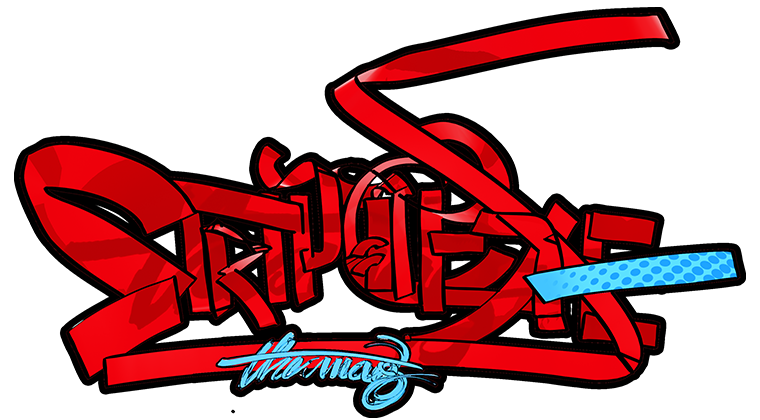The Personal IS Political: Alison Bechdel
 Like a lot of people who first hear about Alison Bechdel, my first encounter with her was in the form of Fun Home, her 2006 graphic novel memoir which went onto become an international best-seller, much like others in the same autobiographical tradition, Persepolis and Maus. However, it was only further curiosity which revealed for me the fact that Bechdel had already established her credentials as a comic strip writer and illustrator with her long running comic strip Dykes To Watch Out For (DTWOF, 1987-2008). If anything, she had long been an important figure for the LGBT community, DTWOF having been one of the earliest representations of lesbians in popular culture. There was also the matter of “The Bechdel Test”, which many avid movie lovers would recognize as the feminist metric for ascertaining gender bias in films. The term was taken from one of the strips in DTWOF.
Like a lot of people who first hear about Alison Bechdel, my first encounter with her was in the form of Fun Home, her 2006 graphic novel memoir which went onto become an international best-seller, much like others in the same autobiographical tradition, Persepolis and Maus. However, it was only further curiosity which revealed for me the fact that Bechdel had already established her credentials as a comic strip writer and illustrator with her long running comic strip Dykes To Watch Out For (DTWOF, 1987-2008). If anything, she had long been an important figure for the LGBT community, DTWOF having been one of the earliest representations of lesbians in popular culture. There was also the matter of “The Bechdel Test”, which many avid movie lovers would recognize as the feminist metric for ascertaining gender bias in films. The term was taken from one of the strips in DTWOF.
Understanding Bechdel’s works require a deeper understanding of the author’s personal space as compared to other authors, embodying in every sense the aphorism “the personal is political”. The world of graphic novel memoirists is a small one; a lesbian is a rarity in that world. Bechdel has often been referred to as a “lesbian Woody Allen”, her sketches demonstrating a similar fretful, insecure, neurotic alter ego as Allen’s comic persona. Having come out as a lesbian at the age of 19, her works draw a lot from her experiences as one of the marginalized, whilst simultaneously exploring from her identity as a literary-inclined, socially aware and active member of society.
This solipsism plays out in various ways in all her works. DTWOF is a witty, whimsical, and a politically charged queer comic strip, and Bechdel herself describes it as “half op-ed column and half endless, serialized Victorian novel”. At the center of the strip is Mo, the slightly neurotic, ultra-feminist lesbian and her friend and social circles comprising of feisty lesbians carving, and sometimes fighting for, their own space in the world. The motley crew of characters constantly engage in banter rich with not only life’s ironies, but also references to current events, and have ideological discussions all the time on the courses of their lives. Spread as it was across almost more than two decades, it offers much in the way of both satire as well as contemplation: there is much to discuss, debate and dissect in the way of themes as heartbreak and loss, gender, sexuality, acceptance, the government, technology, etc. One of my personal favourites is a strip called “Your Children Are Not Your Own”, where a lesbian couple discuss their travails of their transgender child, and the birth mother ends the strip on a poignant note, “But I have higher hopes for my child than conformity, okay?” By turns funny, angry, revolutionary and sexy, DTWOF was The L Word of comics, before there was The L Word.

